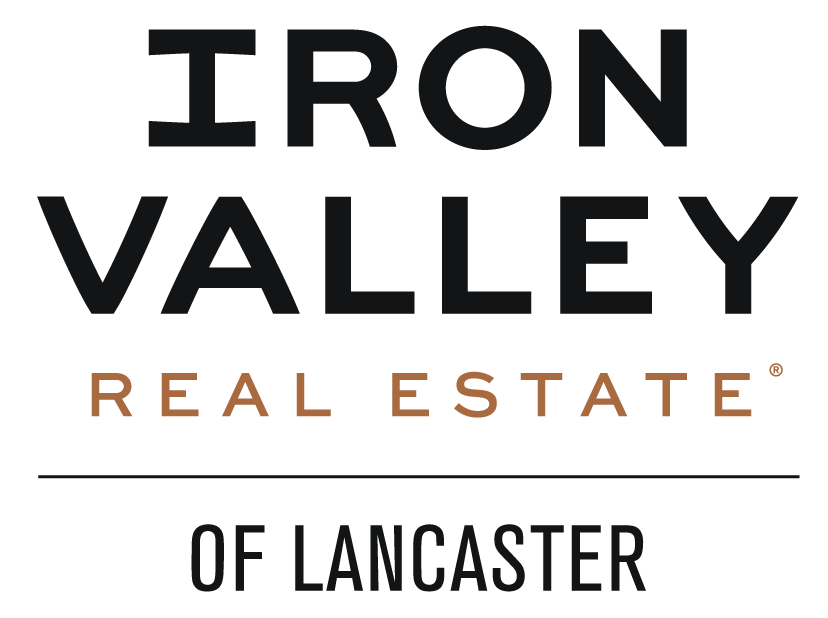Both of my sons are starting school online. My older son just reorganized his bedroom to fit a small desk inside so he has quiet and privacy to do his schoolwork. My other son, a bit of a computer geek, already has a full set up in his room. I’ve been working a lot from home and already had a desk in the corner of my dining room. One thing that I’ve had to keep in mind with all the Zoom calls is background space! Not only that, but my dogs seem to hear “robbers” and bark ferociously when I’m on a call. I’ve learned to mute myself and hold the space key down only when I need to say something.
As you are setting up your space, or helping your kids get ready to work from home, here are a couple of things to keep in mind.
- Environment. You may find a corner of a room, a landing, an unused bedroom, or a finished basement to set up your little work space. A portable room divider can be used to partition off an area as well.
Light – having some natural light is good to help with mood and focus. If the sun hits the computer screen at certain times of the day, have blinds available to close. A desk lamp or other individual light is helpful for working at night or in a darker area.
Temperature – make sure the space is comfortable to work in. Sitting in front of an air conditioning vent can become uncomfortable. Being stuck on the third floor where it’s always hot is not a good option either unless cooling can be added.
Distractions – if at all possible, set up in a place with the least distractions. The sound of a TV, kids talking, a washing machine running, etc., can all be distracting when trying to focus. Even outside activity can be distracting if seen through a window.
Background – remember that you or your child may be on group video calls. Anything in your camera background will show up! It is good to check how your background looks before you join the call.
*A note on setting up in a basement – make sure you check radon levels if you do not have a radon mitigation system. You can get kits at a hardware or big box store.
- Practical. Before you choose a space, check to see that it will work for all the components and connections you need.
Power outlets – are there power outlets close by for you to plug in your computer and printer? Or is there one close enough to run a power stick to for all your power supply needs?
Wifi – does your wifi work well in your chosen space? Some basements or third floor areas may be too far from your router to get fast, uninterrupted connections.
Wall space – check to see that your desk and any other components you need will fit well and out of the flow of foot traffic. Ideally, place your desk against a wall and out of the way.
Storage – if you need a place to file papers, can you place a cabinet or storage bins nearby for easy access? Maybe under your desk or in a nearby closet.
- Supplies. Think ahead to everything you need to make your work space function easily.
Desk – find a desk that fits in the available space, but also one that holds your laptop and has some drawers for supplies. Get a comfy chair at the right height (in your favorite color, too, so you feel like working there!).
Computer – you may have to upgrade depending on what programs are necessary. This could be especially important if you have high school or college age kids.
Printer – find one that does everything (prints, copies, scans) and place it in a central location so everyone can use it without disturbing each other.
Office supplies – stock up on little things like pens, notepads, staplers, paper clips, etc., even postage stamps and envelopes. It’s nice when everything is at your fingertips and you’re not running to the store.
Add a couple of comforts like a framed photo or fun motivational saying, a string of lights, a pop of color, and a plant. Of course, if your home is just not big enough for all this extra work space, call me. We will find you a larger home for all your needs and find a buyer who thinks your home is perfect!








 By Launch Kits
By Launch Kits